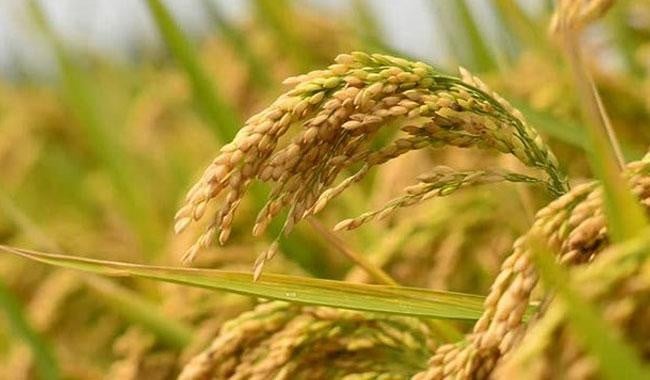
Localised research in hybrid rice seed technology is key to boost yield and export. Is the government supporting it?

Pakistan is facing a widening trade deficit with imports increasing fast over the years and exports not being able to match these. The exporters have failed to capture more international markets and increase their export volumes. The fact that they are into exports of basic items like cotton and yarn and not the value-added stuff explains well why their export earnings are limited. Besides, the exporters claim the high input costs and lack of level playing field put them at a disadvantage viz a viz their competitors in the region.
However, an encouraging news in this somewhat depressive environment for exporters is that the rice exports from Pakistan exceeded $2 billion mark during the year 2017-2018. According to the data shared by the Rice Exporters Association of Pakistan (REAP), the country exported 4.02 million tonnes rice during the last fiscal year. This figure is 16.6 per cent higher than that of the preceding year’s when the country exported 3.44 million tonnes.
This year the country was also able to export 200,000 tonnes rice to Indonesia which helped it achieve the current rice export figure. Besides, Kenya emerged as the largest buyer of non-basmati rice from Pakistan as it procured 439,000 tonnes of rice worth $ 171 million during the year. On the other hand, the export of rice to China was far less than the potential that exists. The Pakistani authorities and rice exporters are looking into this and devising plans to enhance market access in China.
Amid this achievement, there is a realisation among different stakeholders that Pakistan needs to enhance its rice production and the best way to do this is to improve its per acre yield. Higher yield means higher farmer’s income and lower cost. Besides, in order to increase exports the country must have surplus stocks. The situation at the moment is that Pakistan’s annual rice production is around 7 million tonnes and this is one of the reasons why the country’s rice exports have hovered around 4 million tonnes for the last many years. This is in stark contrast to the situation in like Thailand and Vietnam that avail multiple rice crops in a year and have annual rice production around 100 million tonnes.
So, the question here is how can Pakistan increase its rice production despite water shortage and extreme weathers due to climate change? Muhammad Ihsan, an agricultural engineer from the University of Agriculture Faisalabad (UAF), says it is high time the country goes for agricultural research and develop high yield hybrid seeds to boost rice production even in adverse conditions. "There are rice growers who are importing hybrid rice seeds on their own but this shall be done in a systematic way under the supervision of the government," he suggests.
Another matter of concern is that exports from Pakistan are mainly of non-basmati rice whereas the exports of basmati rice have plummeted over the years. A couple of years ago, the country was exporting one million tonne basmati rice but now this figure has come down to 0.5 million tonne. There is no major breakthrough yet in the field of hybrid basmati rice technology and due to this per acre yield of this variety is quite low.
Shahzad Ali Malik, Chief Executive Officer (CEO) of Guard Agricultural Research and Services and former chairman of REAP, shares it with TNS that his company is doing research in hybrid rice seed in collaboration with the Yuan Longping High-Tech Agriculture Company Ltd, China and has developed seeds for the local and international markets.
He says their research in hybrid non-basmati rice technology has resulted in doubling the yield of IRRI Rice and income of farmers. "When the yield per acre is doubled the input cost is halved and the product becomes competitive in the export market."
Malik adds that apart from increasing yield their research is focusing on heat, drought and salinity resistant rice varieties as this will help cultivate rice on more and more lands. They are also exporting hybrid seed which is being produced in harsh weather conditions of Sindh’s coastal areas and is suitable even for plantation in the changing climate of China and other countries, he adds.
He shares they are currently carrying out research on basmati rice and will soon come out with high yield hybrid seed for this variety. However, he explains they have taken their own initiative and not everybody can do this. Therefore, he suggests, the government must provide its support and offer incentives to the groups that go for agricultural research.
The government of Pakistan must follow the example of India which has banned import of hybrid seed and focus on local production. Pakistan can take a less drastic measure and impose import duty on hybrid rice seed and incentives research at local level.